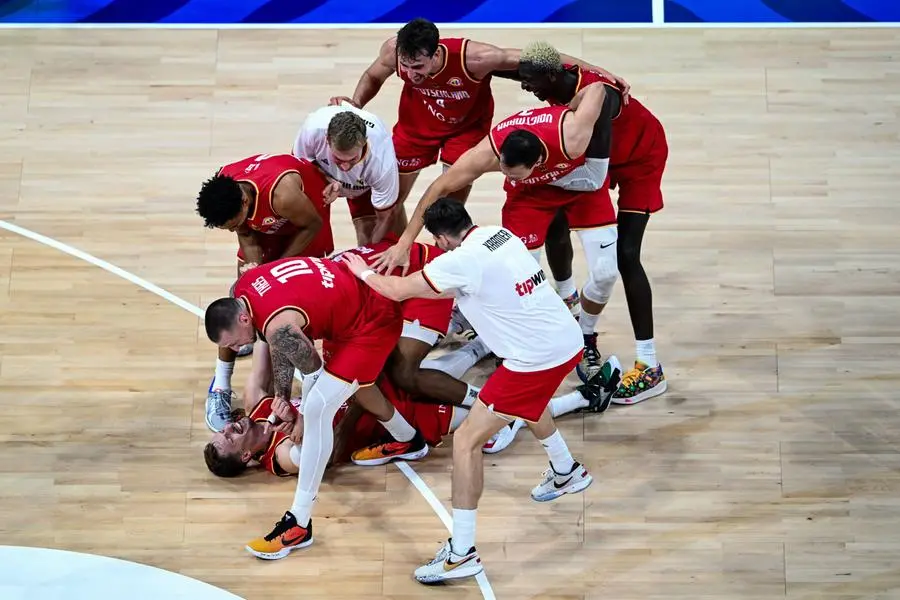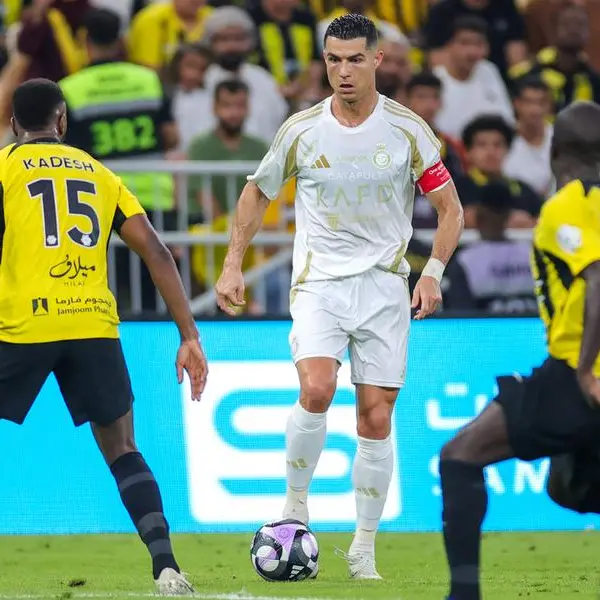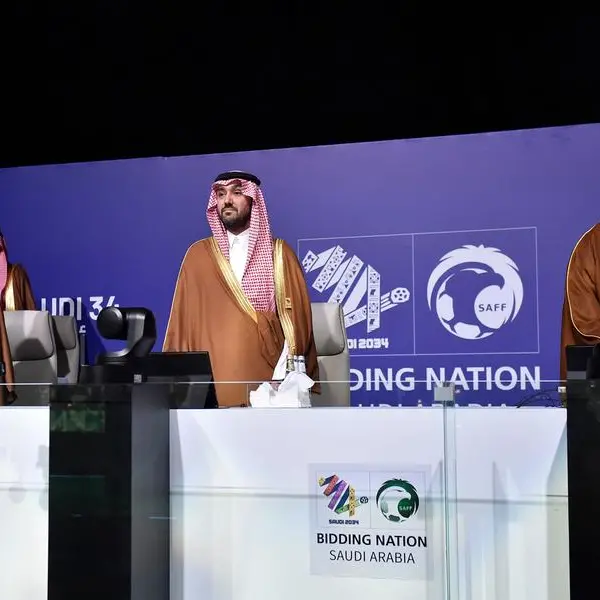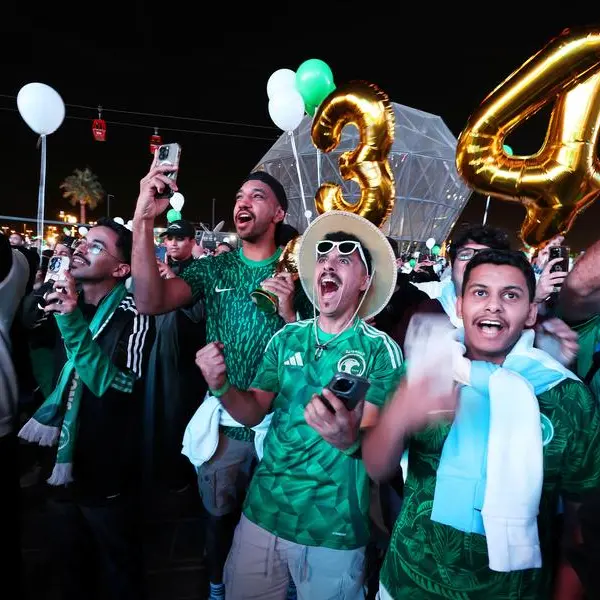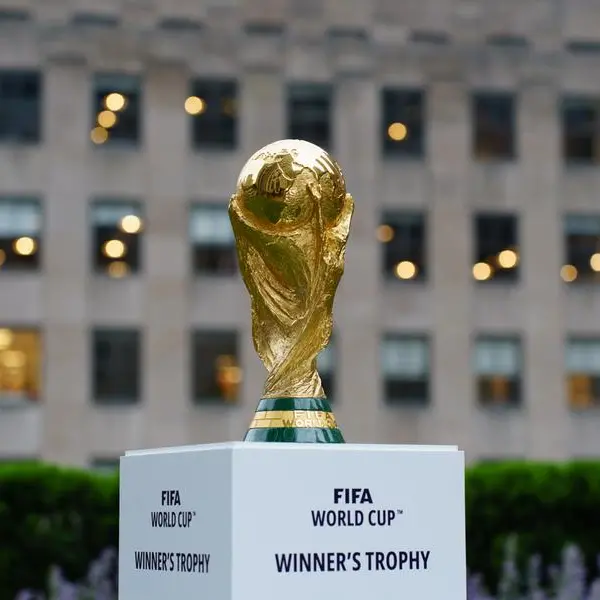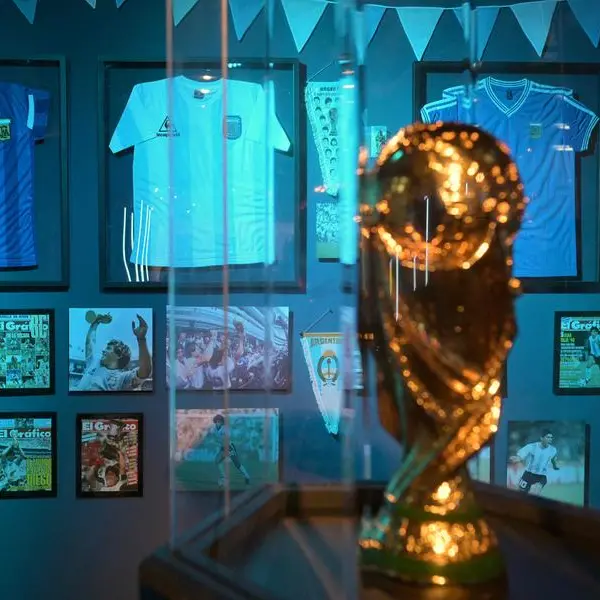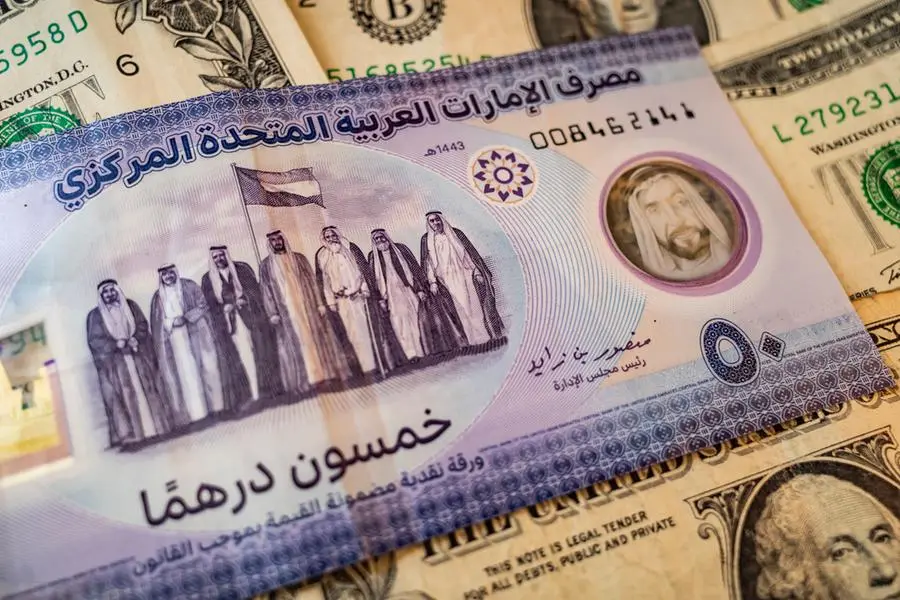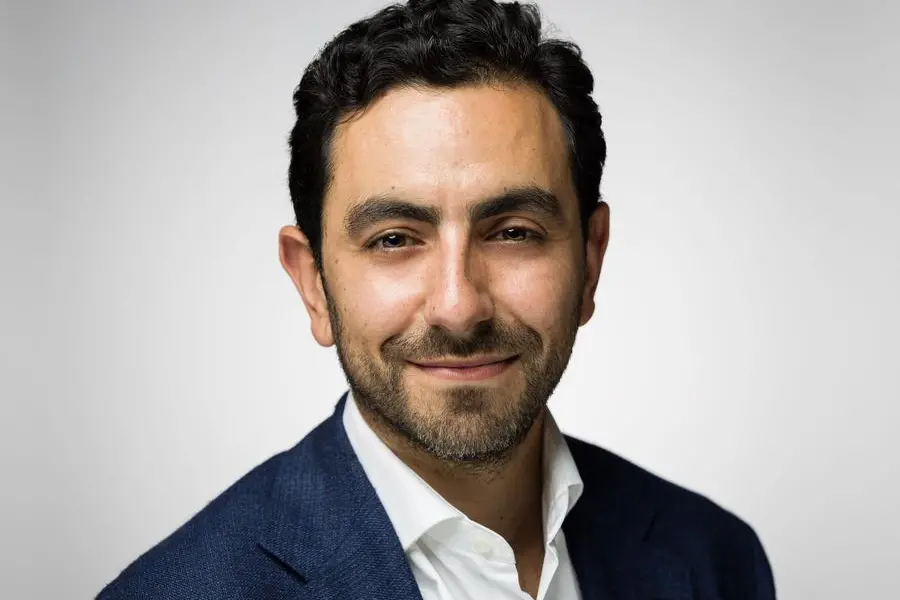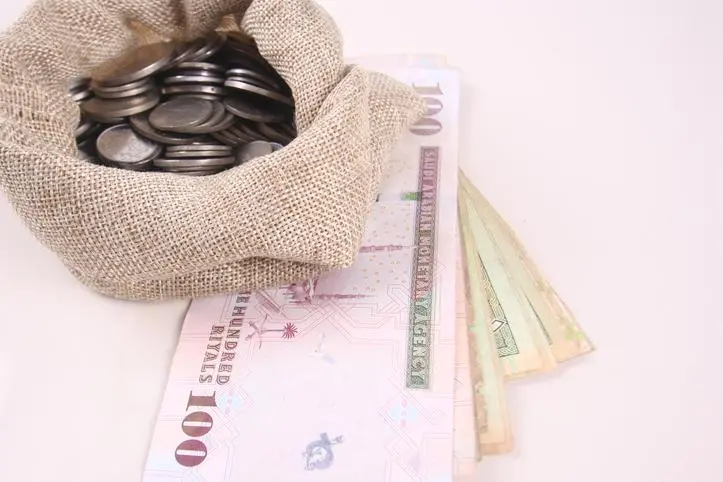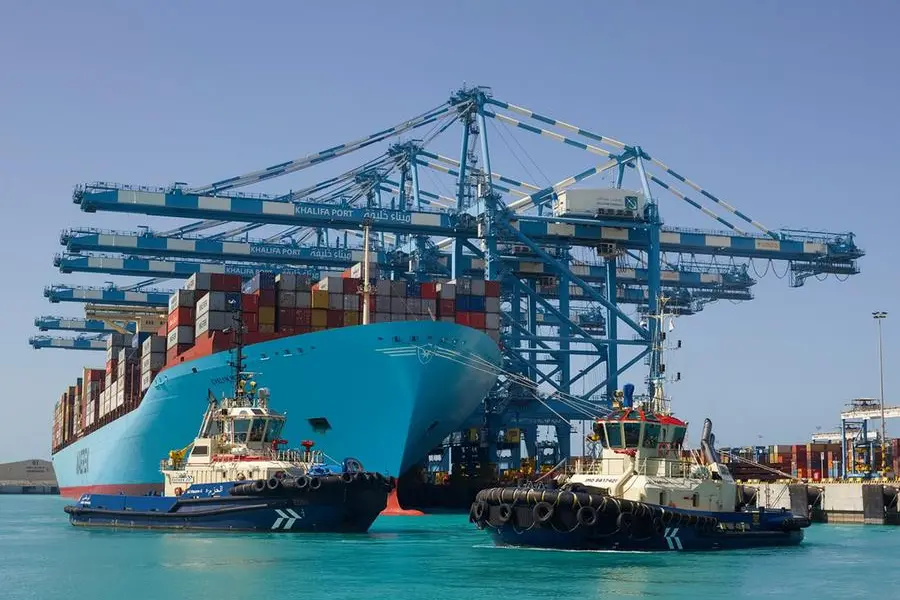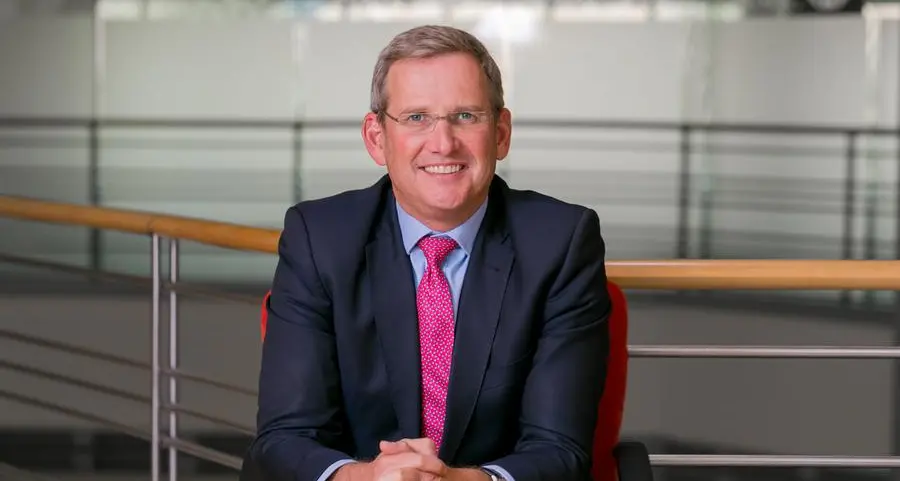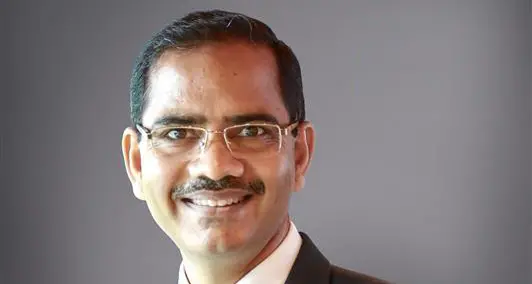PHOTO
Germany and Serbia have reached Sunday's Basketball World Cup final after years of playing together, while the United States' collection of NBA stars ran out of time to gel as a team.
Germany and Serbia will face off in Manila after knocking out the glamour names of the United States and Canada in Friday's semi-finals.
The Americans, who lost 113-111 to Germany, arrived in the Philippines with a team full of up-and-coming NBA talent who had been together for only a matter of weeks before the tournament.
The Germans, by contrast, had been steadily building after finishing third at last year's EuroBasket tournament.
Franz Wagner, who scored 22 points against the United States, said "it definitely helps playing together more times every summer".
"For me, it's just the second time, but for almost everybody else, they've been playing with the national team for multiple years," he said.
"They've got years of experience at this level and of playing together too, so that helped us immensely."
US head coach Steve Kerr has repeatedly stressed the differences between the NBA and international basketball since arriving at the World Cup.
International games are eight minutes shorter and have different rules and referees.
The Americans have come up against national teams who play together regularly and are familiar with the international game.
National pride is also on the line for countries that see the World Cup as the sport's pinnacle.
"We represent our families, our people," said Serbia's Marko Guduric after beating Canada in their semi-final.
"You see the crowd that we have here -- I can't imagine how it is now in Serbia."
- 'Pass the baton' -
American shooting guard Austin Reaves said before the semi-final that former Los Angeles Lakers teammate Dennis Schroder "intensifies by 10" when he plays for Germany.
Germany head coach Gordon Herbert said that he had asked his players to commit to the team for at least three years.
"Commitment is one thing but before that is caring," he said.
"We have players who care about each other, they pull for each other, they fight for each other.
"It's a special group with a lot of special players and even better human beings."
The United States have had some good performances at the World Cup, with players like Anthony Edwards, Tyrese Haliburton and Mikal Bridges impressing.
But Kerr said it would be difficult to build a team with the same kind of consistency that rivals like Germany and Serbia enjoy.
"I'm not sure how you would do that," he said.
"If you were to ask the same 10 guys to play every summer, I think that's very unrealistic."
Kerr said that the United States were "unique in that we have a deep talent pool".
"Part of the deal is that you pass the baton on to the next coaching staff, the next group of players," he said.
International basketball has become more competitive over the past few decades, and the United States finished seventh at the last World Cup in China in 2019.
Countries as diverse as Finland, the Philippines and South Sudan now have players in the NBA, with a record 55 from the league playing at this year's World Cup.
The current scene is a far cry from the 1992 Barcelona Olympics, when the US "Dream Team" of Michael Jordan, Magic Johnson, Larry Bird and others steamrolled the rest of the competition.
"The game has been globalised over the last 30 years or so and these games are difficult," said Kerr.
"This is not 1992 anymore. Players are better all over the world, teams are better and it's not easy to win a World Cup or an Olympic Games."
